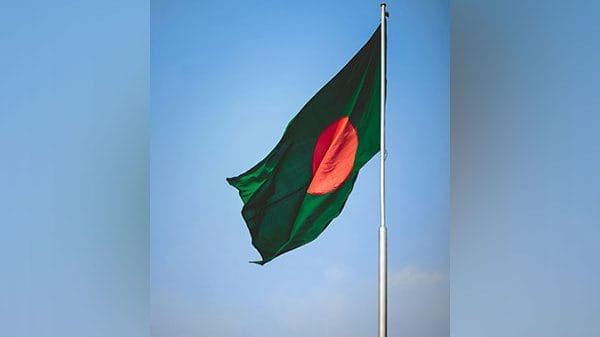Thank you dear subscribers, we are overwhelmed with your response.
Your Turn is a unique section from ThePrint featuring points of view from its subscribers. If you are a subscriber, have a point of view, please send it to us. If not, do subscribe here: https://theprint.in/subscribe/
Did India intend to break apart Pakistan? When and why did it get involved in the Bangladesh freedom struggle? Did India “win the war but lose the peace” by signing the Simla Accord?
Former Indian diplomat Chandrashekhar Dasgupta’s highly researched and equally well-written new book India and the Bangladesh Liberation War provides a conclusive solution to many of the remaining critiques and falsehoods. On whether India had pre-planned the breakup of Pakistan, Dasgupta argues, convincingly and with solid evidence, that “far from planning to break up Pakistan, Indian policymakers hoped, right up to 25 March 1971, for a peaceful transition to democracy in Pakistan and the installation of an Awami League-led government in Islamabad.”
Dasgupta contends that “at every stage of the Simla conference, India explicitly reserved a final settlement of the Kashmir issue for future meetings.” India did, in fact, strive for an ultimate solution based on the Line of Control, but Indira Gandhi was concerned that an early agreement along these lines would expose her to the charge of having surrendered’ Pakistan-occupied Kashmir.”
Indira Gandhi and her principal adviser, Haksar, lacked the theoretical understanding of their American equivalents, Nixon and Kissinger. But they “achieved success” because of their clear vision. The success of the Awami League in the 1970 elections sparked “both hope and apprehension” among Indian officials. They feared that if the Pakistani army opted to stymie the transition to democracy, a long-running guerilla conflict might fall under the grip of China or India’s own Naxalites.
Yahya’s decision to destroy Bengali ambitions through a reign of terror was a fatal blow to Pakistan’s unity. It sparked a large refugee exodus and heightened India’s security concerns. So India resolved to assist the liberation fighters, but a hasty march to Dhaka was ruled out because the army lacked such a contingency plan. India sought to end the liberation war before the end of the year to avoid Chinese intervention or a UN-imposed ceasefire. India had no previous grand strategy, but they used all state authority to build a coordinated ad hoc plan.
Perhaps the most fundamental conceptual argument Dasgupta makes, supported by reliable information, is how Indian authorities put together a multifaceted grand strategy to accomplish Bangladesh’s emancipation. Dasgupta defines “grand strategy” as “a comprehensive and coordinated plan for employing all the resources available to a state—diplomatic, military, and economic—to achieve a defined political objective.”
Dasgupta’s book is a masterpiece on India’s role in the Bangladesh liberation war, and it should be read by anybody interested in Indian diplomacy and global affairs.
These pieces are being published as they have been received – they have not been edited/fact-checked by ThePrint


